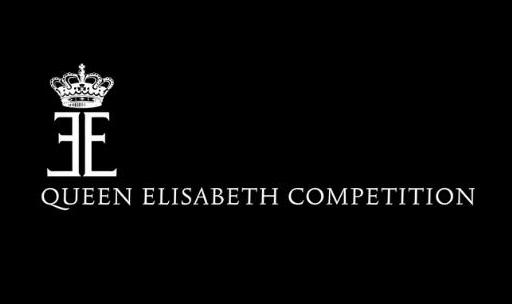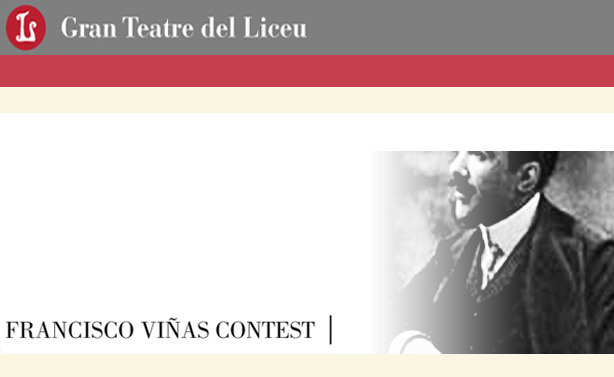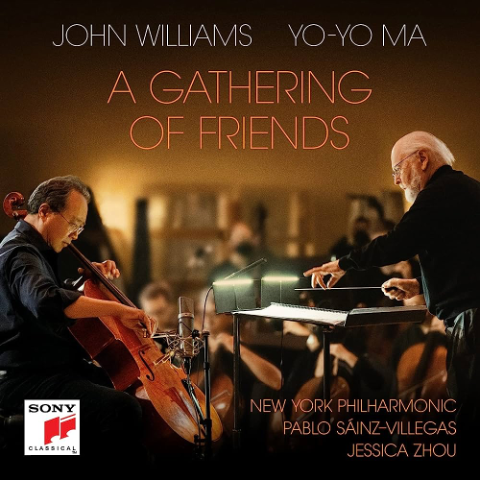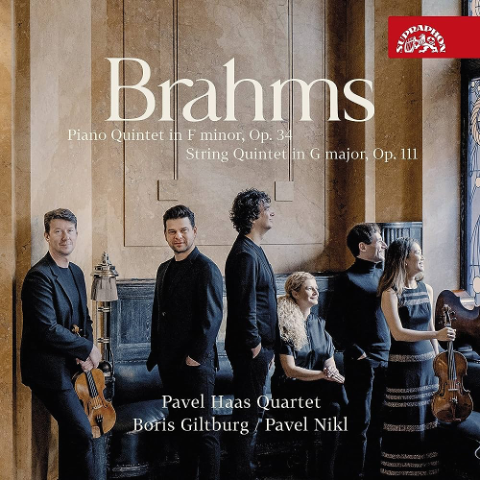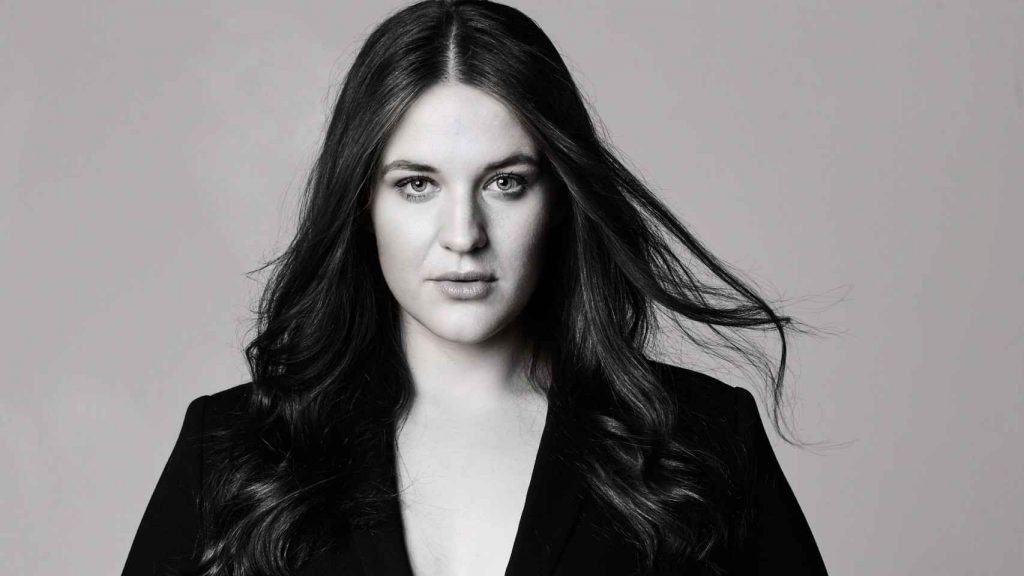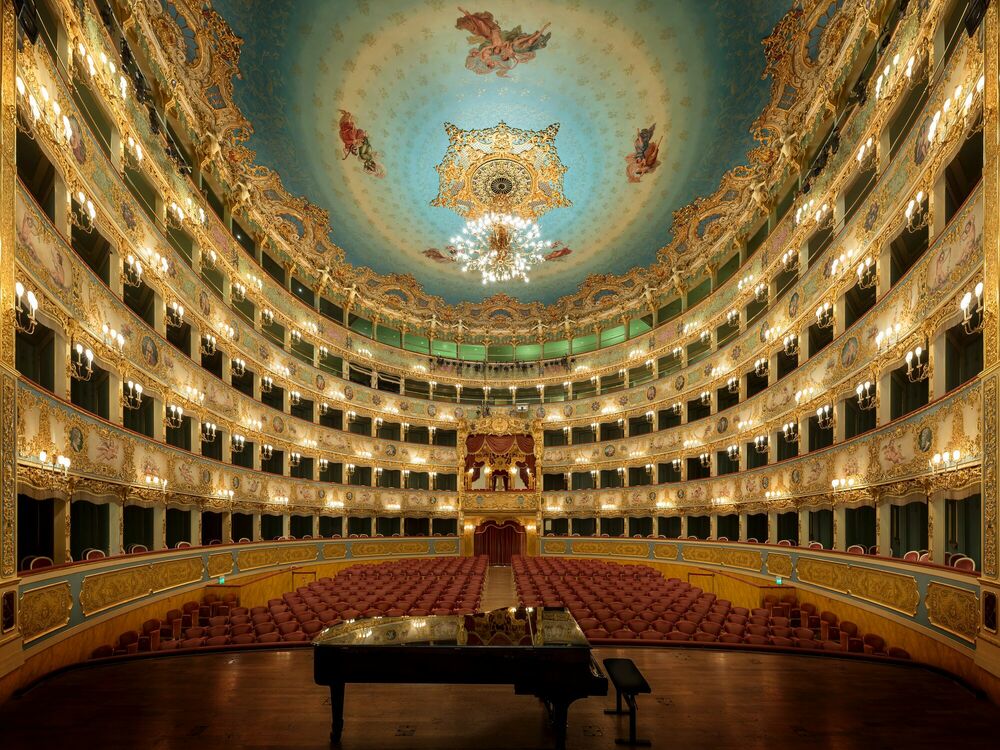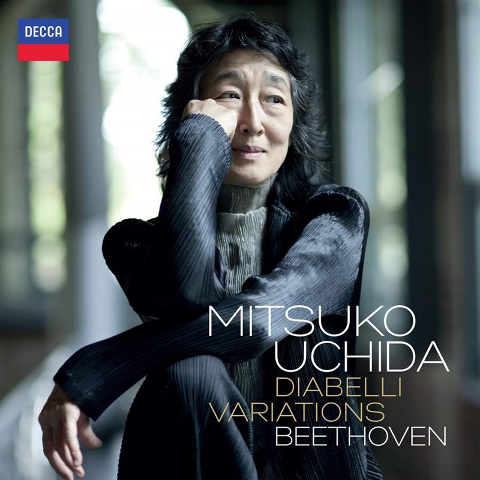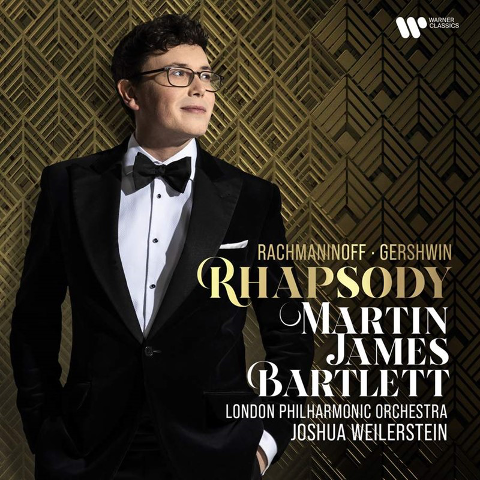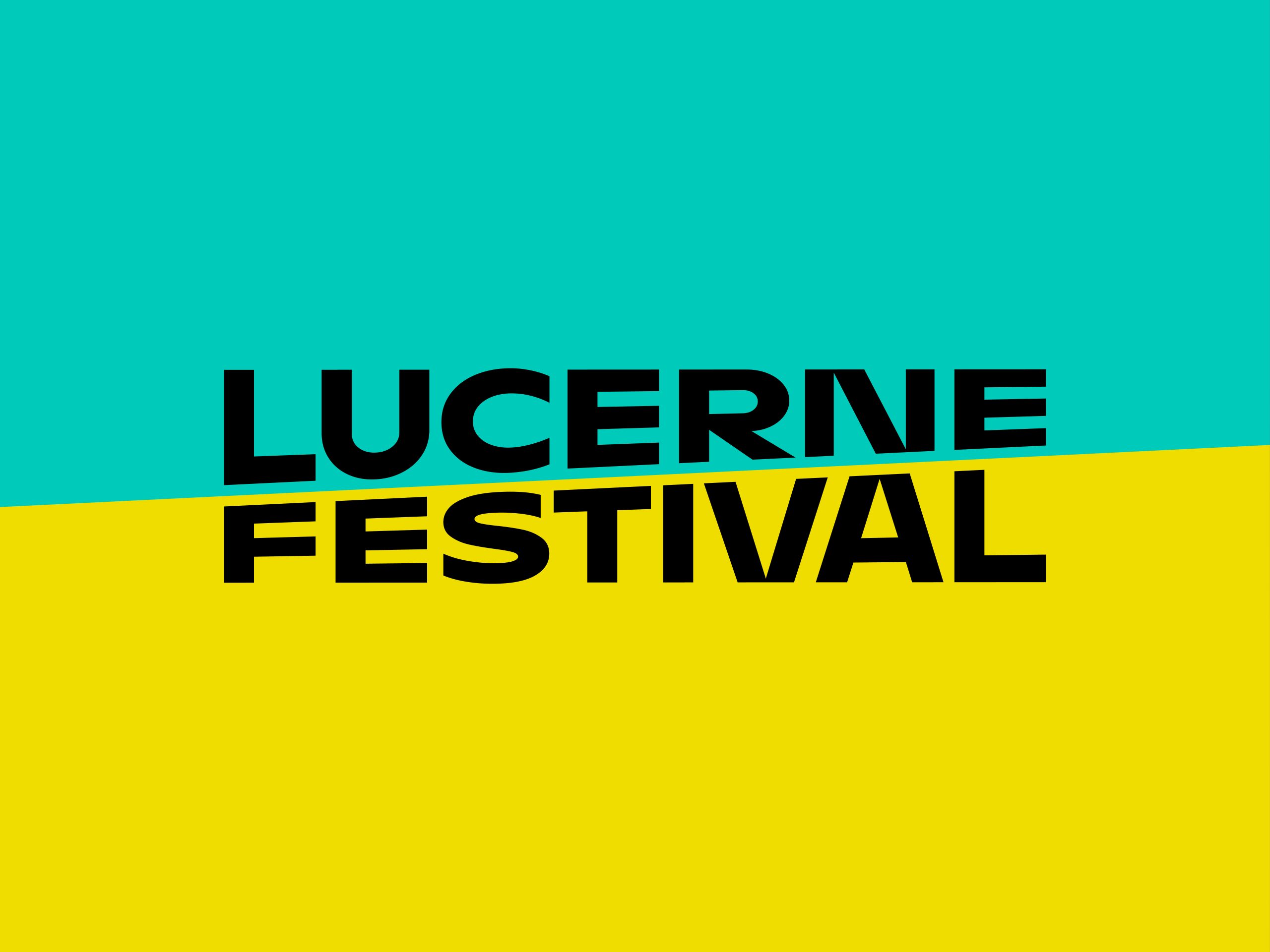Queen Elisabeth Competition
Celebrating Excellence in Classical Music
Top Classical, July 2022
Every few years, the world of classical music turns its attention to Brussels, where the prestigious Queen Elisabeth Competition takes center stage. Established in 1937, this international music competition has been a beacon of talent, innovation, and artistry, attracting some of the finest young musicians from around the globe. The competition’s legacy is marked by its dedication to a different instrument category in each edition, showcasing the diversity and virtuosity of classical music instruments. In 2022, the Queen Elisabeth Competition returns for its second cello edition, continuing its tradition of highlighting exceptional performers and propelling them onto the global stage.
In 2022, the Queen Elisabeth Competition will proudly dedicate itself to the cello for the second time. This remarkable event is tailored for musicians who have completed their training and are poised to embark on a journey towards an international career. From May 9 to June 4, 2022, Brussels will resonate with the melodic and emotive strains of the cello, as the world’s best young cellists gather to compete.
The competition’s significance lies not only in the caliber of the participants but also in the rigorous selection process. Cellists aged between 18 and 31 had the opportunity to apply until December 8, 2021. In January, the preliminary selection took place, with an international jury meticulously evaluating video submissions from 152 candidates behind closed doors. Ultimately, 68 exceptionally talented cellists were chosen to proceed to the first public round, which commenced on May 9 in the illustrious Studio 4 of Flagey.
As the competition unfolded, the initial number of participants experienced slight fluctuations due to withdrawals, culminating in a group of 66 gifted cellists vying for the top honors. Each performer brought a unique blend of technical mastery, artistic interpretation, and emotional depth, captivating audiences and judges alike.
The Queen Elisabeth Competition has a rich history of fostering musical excellence and providing a platform for emerging artists to showcase their skills. The competition is not merely a showcase of virtuosity; it also serves as a stepping stone for young musicians to gain international recognition and launch their professional careers. The competition’s jury, comprised of eminent musicians and experts, assesses not only technical prowess but also the ability to convey emotion and connect with audiences.
Audiences and classical music enthusiasts play a pivotal role in the competition’s success. The event invites music lovers to witness the evolution of these young artists as they progress through the rounds, demonstrating their versatility and command over their instruments. The atmosphere of anticipation, appreciation, and excitement is palpable as every note resonates within the concert halls.
The Queen Elisabeth Competition’s influence extends beyond its competition rounds. Throughout the event, attendees have the opportunity to experience a myriad of performances, from the competition rounds themselves to the laureates’ concerts. These concerts not only celebrate the winners but also showcase the diverse and dynamic nature of classical music, featuring both established masters and rising stars.
Tickets and subscriptions for these events are available through Flagey and Bozar, the esteemed concert halls that host the competition. The organizers take pride in welcoming audiences back into these hallowed halls, where musical excellence intertwines with a shared appreciation for the beauty of classical compositions.
The Queen Elisabeth Competition stands as a testament to the enduring power of classical music to captivate hearts and minds. As it continues to evolve and adapt, the competition maintains its commitment to nurturing exceptional talent and sharing the beauty of classical music with the world. The 2022 cello edition promises to be a celebration of skill, passion, and artistry, inviting audiences to immerse themselves in the melodic tapestry woven by the world’s finest young cellists.

